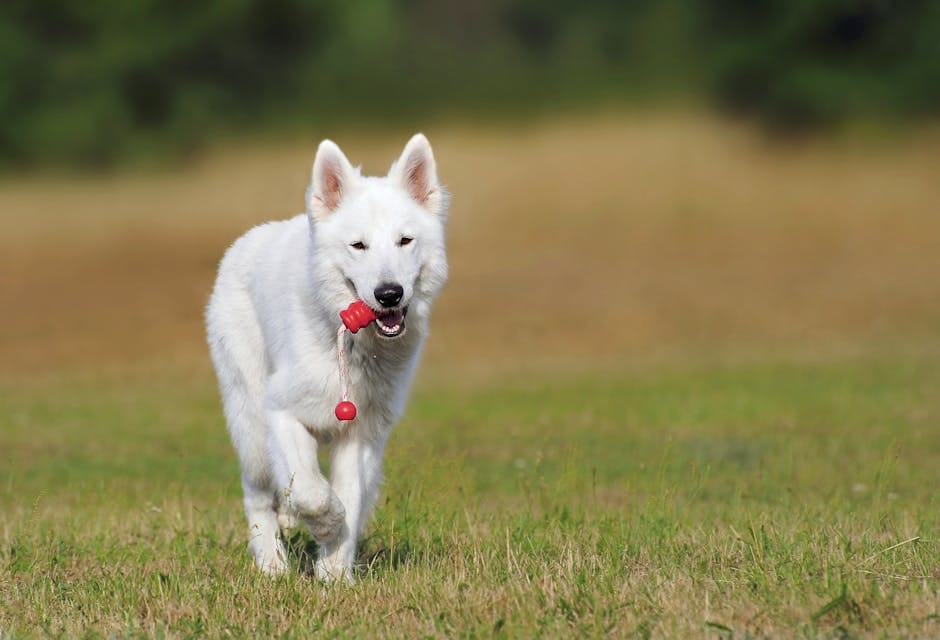Dog training is essential for creating a well-behaved and happy furry friend. Whether you're a new dog owner or have been with your canine companion for years, training is an ongoing process that strengthens the bond between you and your pet. Here's a comprehensive guide to dog training for beginners:
**Understanding Your Dog**
Before you begin training, it's crucial to understand your dog's communication, body language, and temperament. Dogs are social animals that rely on cues and signals to interact with their surroundings. By observing your dog's behavior, you can better tailor your training approach to their unique personality and needs.
**Positive Reinforcement**
Positive reinforcement is the most effective way to train dogs. This involves rewarding your dog for desired behaviors with treats, praise, or affection. It encourages your dog to repeat the desired action and creates a positive association with training.
**Consistency and Patience**
Training requires consistency and patience. Establish clear commands and use them consistently throughout the training process. Avoid using different words or gestures, as this can confuse your dog. Remember, training takes time and effort, so be patient with your furry friend and celebrate their progress along the way.
**House Training**
House training is one of the most important aspects of dog training. Designate a specific area for your dog to go potty and take them there frequently, especially after meals and naps. If your dog has an accident, calmly clean it up without punishment. Use positive reinforcement to reward your dog for going potty in the designated area.
**Basic Obedience Commands**
Basic obedience commands are essential for controlling your dog's behavior. Start with simple commands like "sit," "stay," "come," and "heel." Use positive reinforcement and practice these commands in various locations and situations to enhance your dog's obedience.
**Leash Training**
Leash training is crucial for keeping your dog safe and under control during walks. Start by introducing your dog to the leash in a non-threatening environment. Gradually increase the duration and distance of leash walks, encouraging your dog to stay close and avoid pulling.
**Socialization**
Socializing your dog is essential for their overall well-being. Introduce your dog to different people, animals, and environments in a positive and controlled manner. This helps them develop confidence, reduce fear, and improve their behavior around others.
**Advanced Training**
Once your dog has mastered the basics, you can consider advanced training, such as agility, scent detection, or obedience competitions. Advanced training provides mental and physical stimulation for your dog and further strengthens your bond. Remember to consult with a professional dog trainer for guidance and support throughout your dog's training journey.
